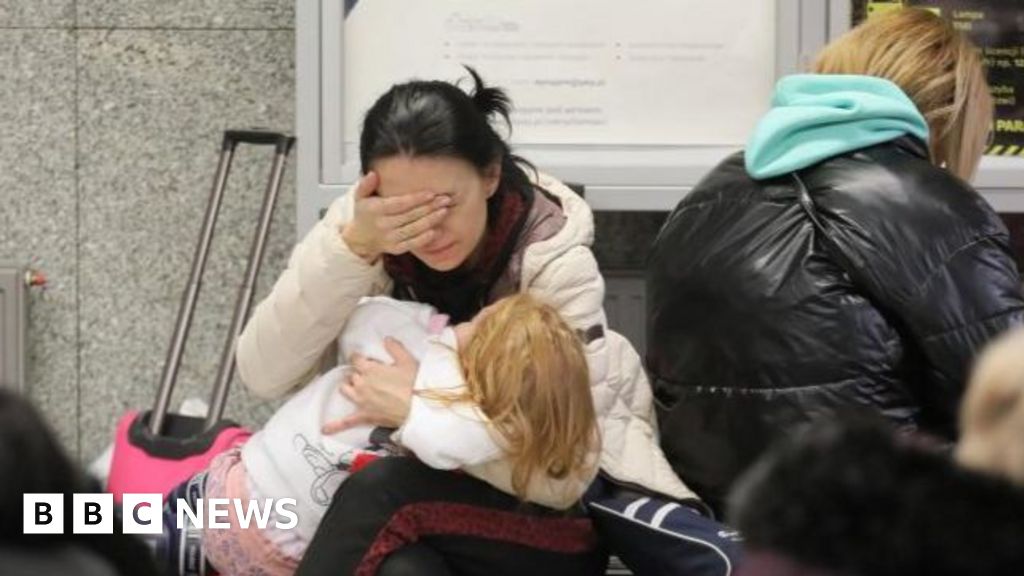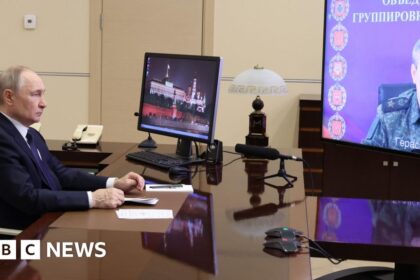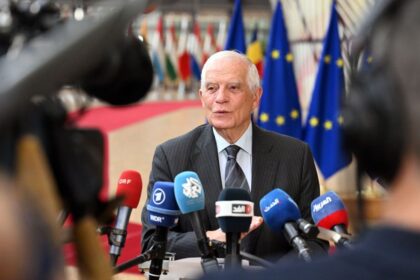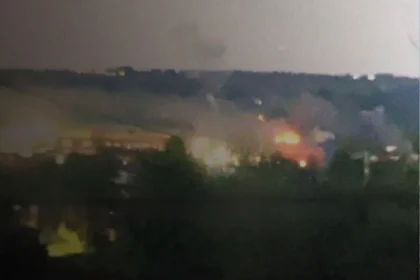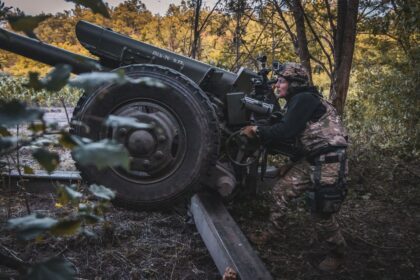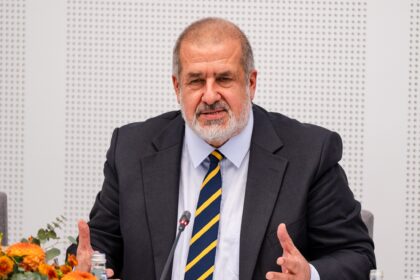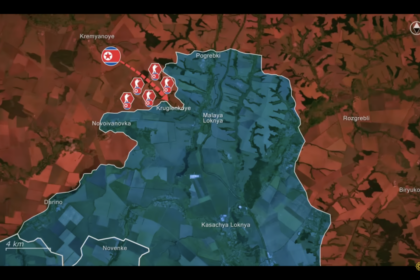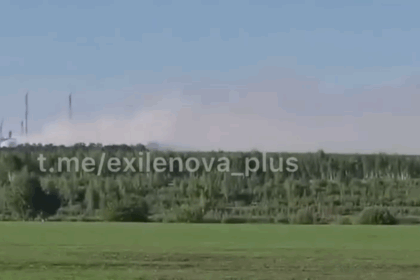**Ukrainian Refugees in Poland Face Rising Anti-Ukrainian Sentiment**
As the world marks three years since Russia’s full-scale invasion of Ukraine, many Ukrainian refugees living in Poland are facing a different kind of battle: rising anti-Ukrainian sentiment. Dozens of Ukrainians have told the BBC that they’ve experienced abuse on public transport, bullying in schools, and xenophobic material online.
Svitlana, a 31-year-old Ukrainian mother, says her daughter loved her school in Poland so much that she didn’t want to change schools even when they moved to another area. But two weeks ago, Svitlana’s daughter came home from school crying after being told by a classmate to “go back to Ukraine.” This was just days after a Russian missile had slammed into Svitlana’s hometown in Ukraine, killing scores of civilians.
Svitlana is not alone in her experience. Many Ukrainian refugees have reported similar incidents of abuse and xenophobia. Natalia Panchenko, head of the Warsaw-based “Stand with Ukraine” Foundation, says that her organization has noticed an upsurge of anti-Ukrainian online abuse that began several months ago.
**Polls Reveal Worsening Public Opinion**
Research suggests that Poland’s public opinion of Ukrainians is indeed worsening. A March 2025 poll by the respected CBOS Centre found that just 50% of Poles are in favor of accepting Ukrainian refugees, a fall of seven percentage points in four months. This is a stark contrast to two years ago, when 81% of Poles were in favor of accepting Ukrainian refugees.
The increasing anti-Ukrainian sentiment in Poland has become a hot-button issue in the country’s crucial presidential election campaign. Far-right populist Slawomir Mentzen and conservative Karol Nawrocki are both running on platforms that oppose EU and Nato membership for Ukraine, while Rafal Trzaskowski, the front-runner, has promised a reduction in social welfare for Ukrainians.
**Expert Analysis**
Michal Marek, who runs an NGO that monitors disinformation and propaganda in Poland, says that anti-Ukraine material being circulated on social media is directly linked to the increase in anti-Ukrainian sentiment. This material often originates from Russian-speaking Telegram channels and is then translated and shared on Polish social media platforms.
“It’s a coordinated effort by Russia to interfere in the Polish elections,” Marek says. “We will only see the effect after the election – what percentage of Poles want to vote for openly pro-Russian candidates.”
As Poland prepares to hold its presidential elections, it remains to be seen how this increasing anti-Ukrainian sentiment will affect the outcome. One thing is certain, however: the lives of Ukrainian refugees living in Poland have become increasingly difficult and uncertain.
**The Human Cost**
For Svitlana and her daughter, the experience has been traumatic. “She came home crying,” Svitlana says. “She’s scared to go back to school now.” This is not an isolated incident. Many Ukrainian refugees are experiencing similar trauma and fear as they face increasing anti-Ukrainian sentiment in Poland.
The Polish government’s response to this issue remains unclear. While the government has warned of Russian interference, it has yet to take concrete steps to address the growing anti-Ukrainian sentiment among its citizens.
As the world watches Poland’s presidential election campaign unfold, one thing is clear: the human cost of rising anti-Ukrainian sentiment must be addressed before it’s too late.




